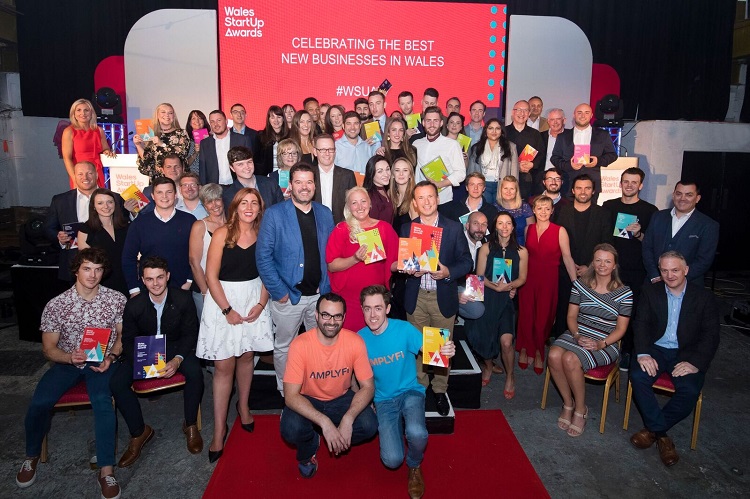
Next week, we start the search for the 21st Wales Fast Growth 50, the annual list of the fastest growing firms in Wales.
Even before our official launch, we have already had a dozen entries that have demonstrated growth of more than 100 per cent over the period 2016-18, which bodes well for this year’s competition and, more importantly, for the Welsh economy.
This is not surprising given that the Fast Growth 50 awards are the one that firms aspire to more than any other and means that entries - which need to be confirmed by copies of annual reports - come from all sectors and parts of Wales, with a high number of businesses being listed that few have heard about before.
However, I am always trying to improve the coverage of the list and it was at the 2015 Fast Growth 50 dinner that I realised a more enjoyable way of adding to the fastest growing firms in Wales.
I was sitting with Roger Maggs, one of the most successful venture capitalists in Wales (and a recent recipient of an MBE in the Queen’s Birthday Honours List). During dinner, he said was keen to have an award for technology start-ups at the Fast Growth 50 and said that he would sponsor such a category although unfortunately, that didn’t fit in with the criteria for the awards as the minimum period to qualify is three years of accounts.
However, the bulb certainly went off inside my head after the conversation and given that there was nothing at the time celebrating new businesses in Wales, then I thought why not have specific awards for this group of entrepreneurial Welsh firms. It would also help me with the Fast Growth 50 in that I could track the development of the winners over a number of years to see if they could qualify in the future.
And so the Wales Start-Up Awards were born and later in September, the fourth awards will take place at the Depot in Cardiff. Sponsored by key actors within the local business support sector such as Capital Law, NatWest Bank, WCVA and Business Wales, they give new Welsh businesses the opportunity to showcase their successes and demonstrate their contribution to job creation, creativity and innovation in the economy.
As the only regional awards in the UK to focus on start-up firms, they are unique in that only new businesses launched within the last three years are eligible to enter. More relevantly, the eighteen awards cover the full spectrum of business sectors that are important to the Welsh economy including food and drink, manufacturing and engineering, social enterprise, digital and creative industries.
Certainly, this year’s entries will have to be the best of the best if they are to match the performance of the 2018 Welsh Start-Up of the Year namely Freight Logistics Solutions. Based in Cwmbran, this supply chain management company specialising in the logistics sector has grown to a turnover of over £8 million in less than three years and is on course to be one of the real fast growing success stories in Wales over the next few years.
Obviously start-ups are very different to other types of firm and I am glad to say we have a developed number of features about the event which, as imitation is the sincerest form of flattery, others are now copying for their events.
First of all, we interview all the clients over a period of three days which means they get an opportunity to pitch directly to a panel of judges from the Welsh entrepreneurial ecosystem and we get to see, first hand, the passion, drive and hard work that has led these outstanding individuals to put themselves forward.
Secondly, we are not afraid to change the awards when we feel there is an opportunity to highlight different parts of the start-up community.
For example, Universities Wales is sponsoring the graduate start-up of the year award which is focused on celebrating new businesses emerging from the Welsh university sector. In addition, Business in Focus (which has recently established two enterprise hubs in Carmarthen and Newtown) is backing the rural start-up business of the year whilst the fastest growing firm in Wales, ALS of Caerphilly, has created the new Valleys Start-Up of the Year award.
Finally, and perhaps, most importantly, the black tie dinner suit has been banned and instead, we have a very relaxed, informal evening at one of the best venues in Cardiff with amazing street food, opportunities to network and, of course, lots of craft beer.
But to me, the most important outcome of both the Wales Fast Growth 50 and the Wales Start-Up Awards is that they demonstrate, every year, that we have a group of amazing entrepreneurs that are making a difference across the nation and wider afield.
Not only are they disrupting markets, creating jobs and driving forward innovation, but they are acting as inspirational role models for others to follow in their footsteps. And that, more than anything else, is probably what we need at this critical time to help change the Welsh economy for the better.